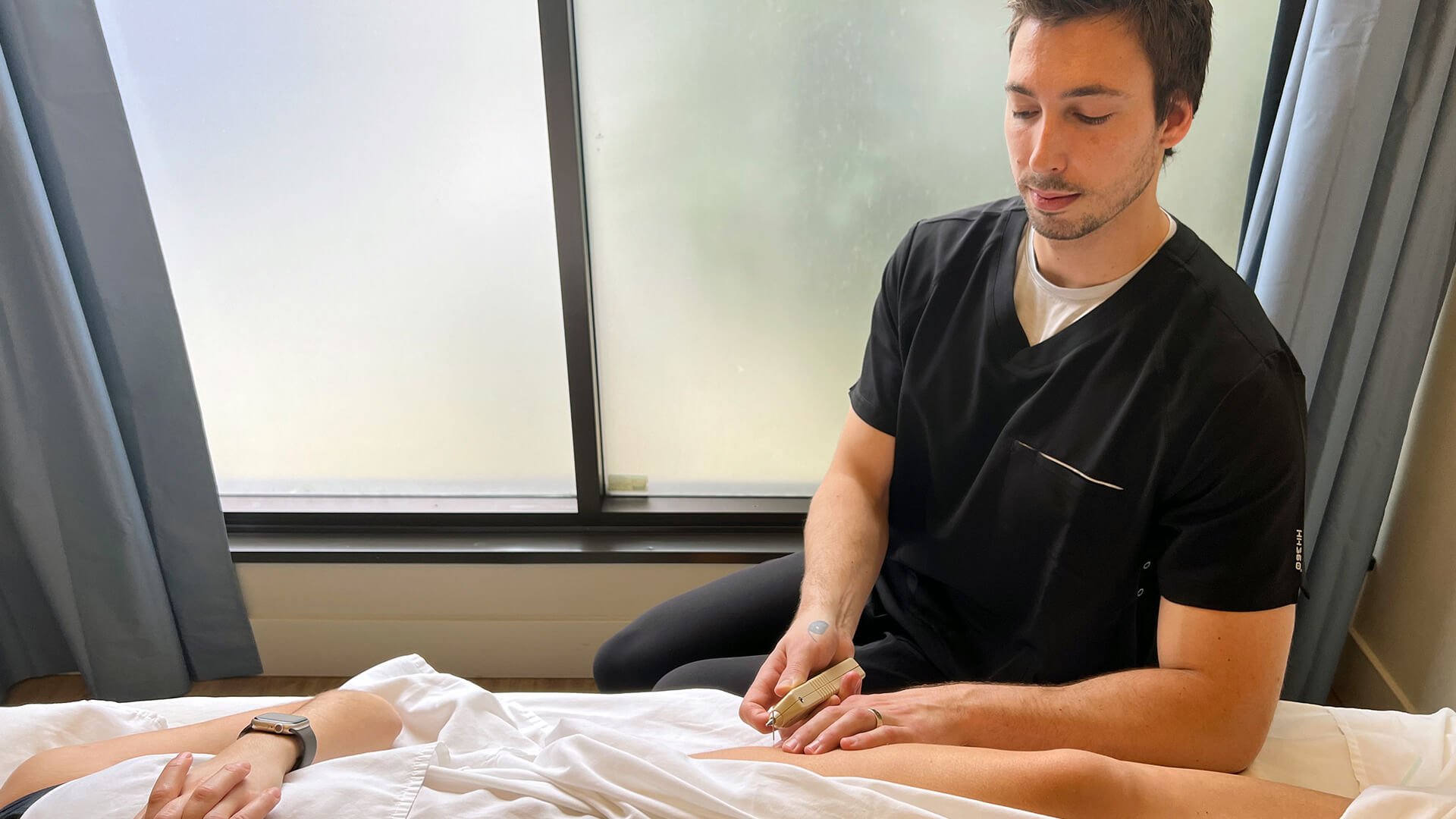Can Side Effects from Medication Be Permanent? Acupuncture May Help
By Gavin Larsen
Can side effects from medication be permanent? Unfortunately, yes. While most adverse drug reactions (ADRs) are short-lived, some can leave lasting, even life-threatening, effects. From skin conditions like Stevens-Johnson Syndrome to organ damage or chronic fatigue, certain medications can cause lasting disruptions that linger long after the drug is stopped. These cases highlight the importance of careful monitoring, early detection, and complementary strategies for long-term recovery.
As an acupuncturist and Traditional Chinese Medicine Practitioner with over a decade in clinical practice, I’ve supported countless patients navigating the lingering aftermath of medication side effects. Acupuncture offers a unique, non-pharmacological option to address residual symptoms, especially when conventional care reaches its limits.
Understanding When Medication Side Effects Become Permanent
Most side effects, such as nausea, drowsiness, or dizziness, fade as your body adjusts or once the medication is stopped. But in some cases, adverse reactions don’t fully resolve. According to the FDA's Adverse Event Reporting System, tens of thousands of serious or fatal ADRs are reported annually.
The more severe or permanent types of reactions include:
Organ damage (e.g., liver or kidney failure)
Neurological issues (e.g., tinnitus, tremors, cognitive changes)
Immune reactions like DRESS or Stevens-Johnson Syndrome
Enduring skin conditions, autoimmune reactions, or hormone dysregulation
These long-term effects often fall under the umbrella of Type B hypersensitivity reactions, which are unpredictable and not dose-dependent. They may result from genetic predisposition, immune dysfunction, or unknown triggers.
What Happens After the Drug Is Stopped?
Stopping the medication is often just the first step. Healing can take weeks, months, or even years, depending on the severity of the reaction. Unfortunately, some tissue damage, especially in the skin, nervous system, or organs, may be irreversible.
This is where supportive therapies become essential. Recovery is rarely linear, and patients are often left without clear next steps once conventional treatment ends.
Acupuncture as a Supportive Therapy After ADRs
Acupuncture isn't a substitute for medical treatment of ADRs, but it can play a valuable role in supporting patients with lingering symptoms. For example:
Nervous system regulation: Acupuncture has been shown to help reduce neuropathic pain, calm overactive nerves, and support neuroplasticity, which is especially useful in post-drug neurological symptoms.
Liver and kidney support: While acupuncture doesn't regenerate organs, certain point protocols may help improve blood flow and reduce systemic inflammation.
Skin and immune regulation: Chronic inflammatory responses and skin conditions may respond to TCM-based strategies that focus on harmonizing internal systems.
Fatigue and mood symptoms: These are common long-term side effects of various medications. Acupuncture can help by improving sleep, digestion, and mental clarity.
A 2023 review in StatPearls found that acupuncture consistently improved outcomes for chronic pain, fatigue, nausea, and hot flashes, to name a few common post-ADR symptoms. Even in some cases when the active treatments were not superior to sham acupuncture, the overall patient benefit was clear, with minimal side effects and far better long-term outcomes.
Why This Matters for Long-Term Health
Many people are told that side effects will “just go away,” but that’s not always the case. If you’re still dealing with the aftermath of a medication, you’re not alone. Whether it’s from antibiotics, chemotherapy, psychiatric meds, or NSAIDs, long-term symptoms are more common than we think.
Acupuncture offers a holistic approach to recovery that supports your body’s healing systems without adding more drugs to the mix.
A Holistic Path
So, can side effects from medication be permanent? Yes, but that doesn’t mean you’re stuck. If you’re facing long-term symptoms, it's worth exploring supportive strategies that work with your body holistically to restore balance.
Need help recovering from medication side effects?
I offer free 15-minute virtual consults to assess whether acupuncture or holistic recovery support might be a good fit for your case.
Gavin Larsen is a Registered Traditional Chinese Medicine Practitioner and Acupuncturist (R.Ac., R.TCM.P.) with over 10 years of clinical experience. Gavin draws on a wide range of therapies—from acupuncture and herbal medicine to postural alignment and TCM psychology—to support the body’s natural healing and restore balance. His work is rooted in both classical training and lived experience, having discovered the transformative power of acupuncture in his own healing journey.


